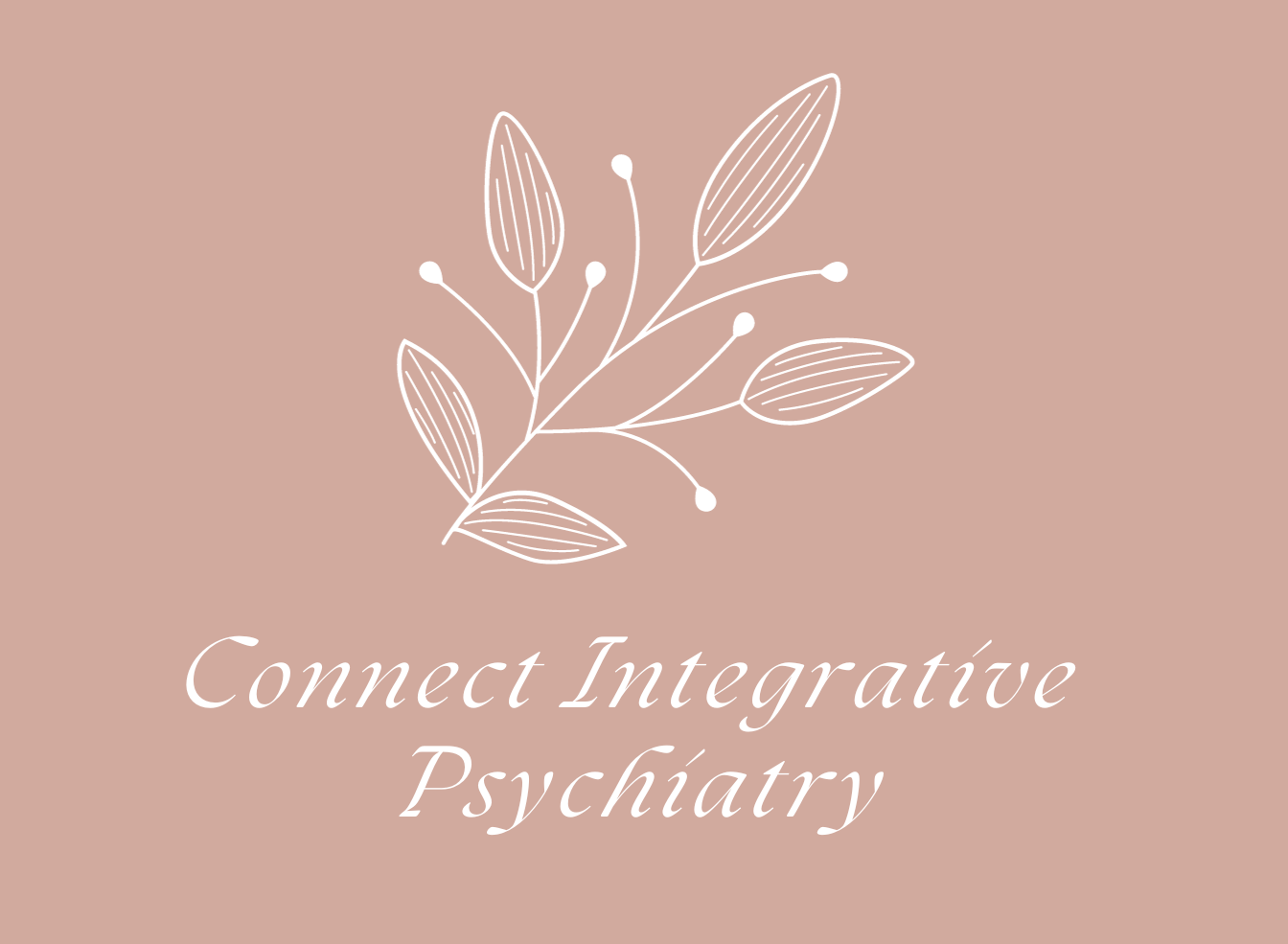How Reproductive Psychiatry Supports Women at Every Life Stage
Throughout a woman’s life, hormonal changes play a powerful role in shaping mood, energy, and emotional wellbeing. From adolescence to perimenopause, these shifts can influence how we think, feel, and respond to stress. This article explores how reproductive psychiatry helps women understand and manage these transitions—addressing the biological, emotional, and psychological connections between hormones and mental health.
What Is Reproductive Psychiatry and Why It Matters
Reproductive psychiatry is a specialized field that focuses on how hormonal and reproductive changes influence mental health.
From adolescence through menopause, women experience unique physiological transitions that can shape their mood, energy, and resilience.
A reproductive psychiatrist or psychiatric nurse practitioner understands these patterns and tailors treatment to address them—bridging the gap between traditional psychiatry and women’s health.
This kind of support can be life-changing for women facing:
PMDD or severe PMS that disrupts mood and focus
Postpartum depression or anxiety after childbirth
Emotional struggles related to infertility or pregnancy loss
Perimenopausal mood shifts, irritability, or sleep issues
By acknowledging the role of hormones, stress, and identity changes, reproductive psychiatry treats the whole woman, not just isolated symptoms.
Hormonal Transitions Across the Lifespan
Adolescence & Early Adulthood
Adolescence is often the first encounter with mood fluctuations linked to hormonal changes. Anxiety, irritability, or low motivation may emerge alongside identity development and social pressures.
Early intervention through reproductive psychiatry helps young women recognize patterns, build emotional awareness, and prevent future mood disorders.
Pregnancy & Postpartum
Pregnancy brings profound biological transformation—rising hormones, sleep disruption, and emotional vulnerability. After childbirth, hormonal withdrawal can lead to mood swings, anxiety, or depression.
Postpartum support is crucial: compassionate therapy, medication management when needed, and lifestyle tools can help mothers regain balance without guilt or shame.
Infertility & Pregnancy Loss
Struggling to conceive or facing miscarriage often triggers grief, guilt, and identity confusion. A reproductive psychiatrist provides a safe space to process these emotions while stabilizing mood through supportive therapy, gentle medication, or mindfulness-based care.
Perimenopause & Menopause
As estrogen levels fluctuate, many women report mood instability, insomnia, irritability, or anxiety. These symptoms aren’t “all in your head.” They’re part of a real biological shift that can benefit from integrative psychiatric care—combining medication, nutrition, and stress reduction to support brain and body harmony.
Our Integrative Approach to Reproductive Psychiatry
At Connect Integrative Psychiatry, we believe that emotional wellness thrives when care addresses both biology and lived experience.
Our approach combines:
Evidence-Based Medication Management: When indicated, medications are selected and dosed with careful attention to reproductive and hormonal context.
Therapeutic Support: We focus on identity, boundaries, and relationships to foster long-term emotional growth.
Lifestyle Optimization: Nutrition, movement, supplements, and sleep guidance are customized to hormonal health and energy needs.
Lab Testing: To guide treatment and pick approaches that address deficiencies and support true healing
Mind-Body Practices: Mindfulness, breathwork, and journaling reconnect women with their inner calm and self-trust.
Compassionate Care in Every Season of Womanhood
Every woman deserves a space where her emotions are taken seriously—where tears, frustration, and fatigue are not dismissed but understood.
Through reproductive psychiatry, we help women build clarity and confidence through every stage of hormonal and emotional change.
You don’t have to “push through” alone.

